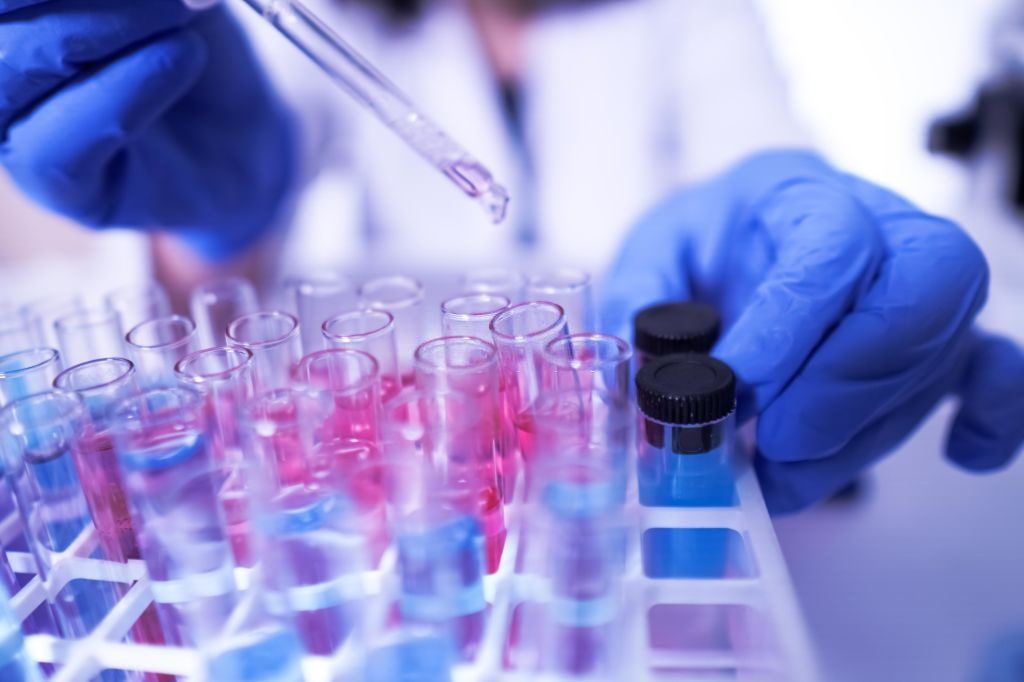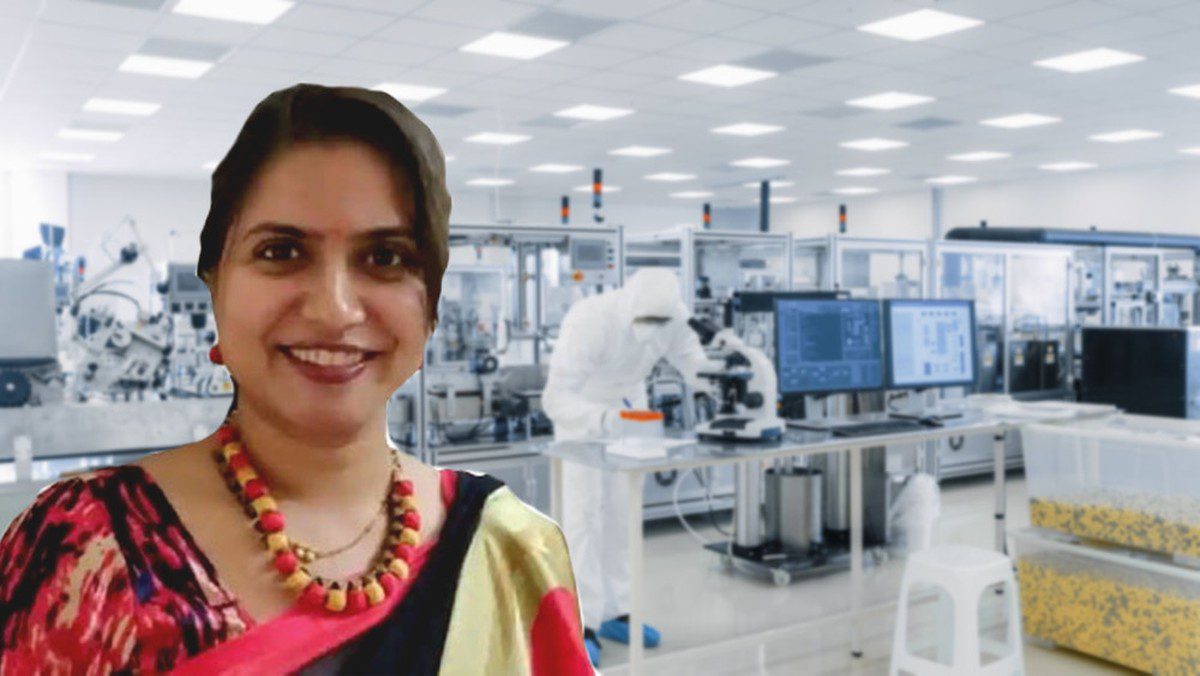While India has been appreciated by many within and outside the country for the brave and timely move of country lockdown, India has also been criticized for its poor record of testing people in its fight against the coronavirus pandemic. However, as it is said ” Bravery is not a quality of the body. It is of the soul”, an Indian virologist Minal Dakhave Bhosale submitted the testing kit called Patho Detect, just one day before she delivered a baby girl.
Her effort led to a great positive change in the Indian covid-19 testing capability. On Thursday, the first ‘Made in India’ Covid-19 testing kits reached the market, raising hopes of an increase in the screening of patients with flu symptoms to confirm or rule out the Covid-19 infection.
Mylab Discovery, in the western city of Pune, became the first Indian firm to get full approval to make and sell testing kits. It shipped the first batch of 150 to diagnostic labs in Pune, Mumbai, Delhi, Goa, and Bengaluru (Bangalore) this week.
“Our manufacturing unit… is working through the weekend and the next batch will be sent out on Monday,” said Dr. Gautam Wankhede, Mylab’s director for medical affairs, as per BBC report.
The molecular diagnostic company, which also makes testing kits for HIV and Hepatitis B and C, and other diseases, says it can supply up to 100,000 Covid-19 testing kits a week and can produce up to 200,000 if needed.
Each Mylab kit can test 100 samples and costs 1,200 ₹, about a quarter of the 4,500 ₹ that India has to pay for imported covid-19 test kits.
Virologist delivered kit, then her baby
Earlier virologist Minal Dakhave Bhosale, Mylab’s research, and development chief said, “Our kit gives the diagnosis in two and a half hours while the imported testing kits take six-seven hours,”.
Ms. Bhosale, who headed the team that designed the coronavirus testing kit called Patho Detect, said it was done “in record time” – six weeks instead of three or four months.
While it all seems a brilliant effort from young an Indian scientist just add to that that she was dealing with her own deadline too. Last week she delivered a baby girl – and only began work on the program in February, just days after leaving the hospital with a pregnancy complication before the childbirth.
“It was an emergency, so I took this on as a challenge. I have to serve my nation,” she says, adding that her team of 10 worked “very hard” to make the project a success.
In the end, she submitted the kit for evaluation by the National Institute of Virology (NIV) on 18 March, just a day before delivering her daughter. That same evening, just an hour before she was taken to hospital ahead of her Caesarean, she submitted the proposal to the Indian FDA and the drugs control authority CDSCO for commercial approval.
“We were running against time,” says Dr. Wankhede. “Our reputation was at stake, we had to get everything right on the first go, and Minal was leading our efforts from the front.”
Before submitting the kits for evaluation, the team had to check and re-check all the parameters to ensure its results that were precise, and accurate.
“If you carry out 10 tests on the same sample, all 10 results should be the same,” said Ms. Bhosale. “And we achieved that. Our kit was perfect.”
The government-run Indian Council for Medical Research (ICMR), under which NIV operates, agreed. It said Mylab was the only Indian company to achieve 100% results.
India testing very few cases for covid-19

India has been criticized for not testing enough. Even though a strategic policy, it has focused on targeting testing but it has resulted in India having one of the lowest rates in the world, with just 6.8 tests per million.
During the initial days, India tested only those who had traveled to high-risk countries or had come in contact with a confirmed Covid-19 positive person or health workers treating coronavirus patients. However, it also tested random samples from government hospitals to look for community spread.
It later said that anyone admitted to a hospital with severe respiratory distress should also be tested. In the past few days, India has scaled up testing. Initially, only the state labs were allowed to test for coronavirus, but permission has now been extended to several private labs too.
And on Thursday, India also gave approvals to 15 private companies to commercially sell diagnostic kits based on licenses they have obtained in the US, European Union, and some other countries.
Dr. Wankhede says with the number of suppliers and labs increasing every day, the testing will go up exponentially.
Increased testing would be a huge help, but experts say India has wide gaps in its health infrastructure that need to be filled urgently to deal with the growing threat of coronavirus. For comparison, South Korea a tiny country in comparison to India has 650 testing labs. India is currently sitting at 111 labs.
South Korea’s strategy of ‘test, treat and track’ has worked very well for them. It will soon be known whether India’s strategy of lockdown and the targeted test will work or not.



